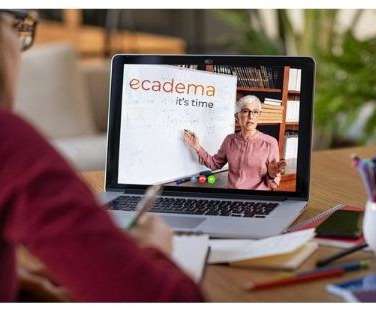The Importance of Retaining the High-Potential Employee (aka the HiPo)
Acorn Labs
OCTOBER 29, 2022
Adaptive expertise. They'll be able to articulate complex ideas, adapt to others' work styles, and advocate for peers. On the same track as working well with others, a HiPo will also be someone who steps up to lead teams and who others look to for expertise—even without formal authority. Growth mindset.

















Let's personalize your content